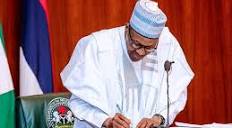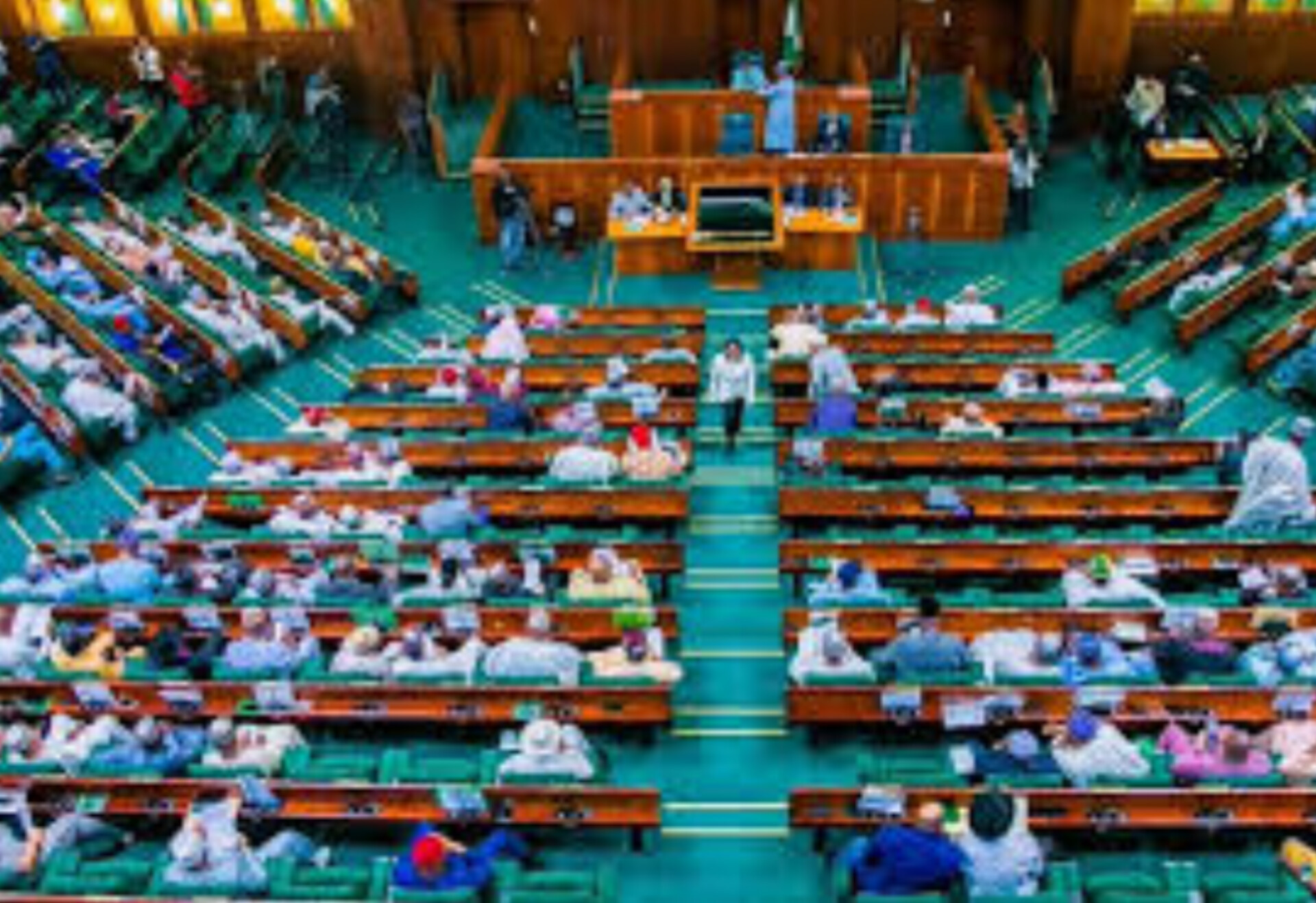***Asks Senate to completely delete section 84(12)
Barely five days after assenting to Electoral Act 2022, President Muhammadu Buhari has written to the Senate to amend the newly-signed act.
The president in a letter addressed to the Senate President, Ahmad Lawan, and read at the plenary demanded the federal lawmakers delete Section 84 (12) outrightly.

The letter reads, “I write to draw your kind attention to some salient issues contained in the act and to seek your immediate legislative action thereon.
“I have carefully studied the recently assented electoral act amendment 2022 I must admit that there are positive provisions that could revolutionalize election process in Nigeria particularly through the introduction of new technological innovations that will in turn guarantee a constitutional rights of citizens to vote and to do that effectively.
“The recently assented electoral act has improved and engendered clarity, effectiveness and transparency of the election process as well as reduce to the bearest minimum incidences of acrimony arising from dissatisfied candidates and political parties.
“I therefore commend the legislative wisdom of the National assembly which is in line with our policy to bequeath to Nigerians and posterity a landmark legal framework that pave the way for credible electoral process that we will all be proud of.
He hiwever
I drew their attention to the provisions of section 84(12) which, “I believe constitutes a fundamental defects as it is in direct conflict with the extant constitutional provisions Section 84(12) of the act constitutes a disenfranchisement of serving political office holders from voting be voted for at conventions, congresses of any political party for the purpose of nomination of candidates for any election in cases where it holds earlier than 30 days to election.
“Section 84(12) of the act provides as follows
No political appointee at any level shall be a voting delegate or be voted for at the Convention or Congress of any political party for the purpose of the nomination of candidates for any election.”
“This provision has introduced qualification and disqualification criteria that ultra vires the Constitution by way of importing blanket restriction and disqualification to serving political office holders of which they are constitutionally accorded protection.
“The practical application of section 84(12) subjects serving political office holders to inhibitions and restrictions reffered to under section 40 and 42 of the 1999 constitution as amended, if is imperative to note that the only constitutional expectation place on serving political office holders that qualify by extension as public officers within the context of the constitution is resignation, withdrawal or retirement at least 30 days before the date of the election as provided in section 6(1)(f) of the 1999 constitution as amended among others, hence it will be
“stretching things beyond the constitutional limit to import extraneous restriction into the constitution on account of practical application of section 84(12) of the act, where political parties’ conventions and congresses were to hold earlier than 30 days to the election.”
“Arising from the foregoing I request the National Assembly to consider immediate amendment that will bring the act in conformity with the constitution by way of deleting section 84(12) accordingly”



